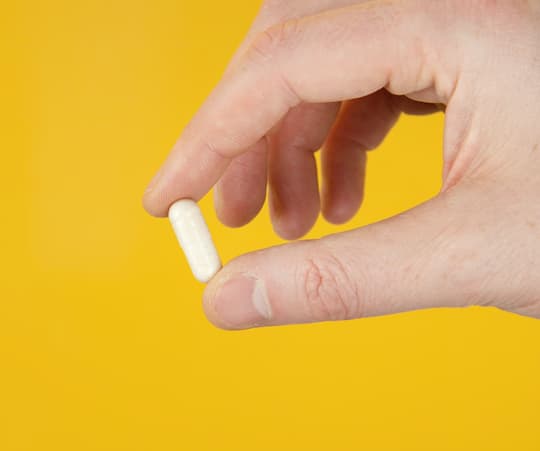People low in this vitamin are 14 times more likely to become severely ill with COVID-19.
Patients with a vitamin D deficiency prior to COVID infection are greatly at risk of severe illness and death, according to a study.
Vitamin D deficiency has been related to bone loss, cognitive decline, autoimmune conditions, respiratory infections, type 2 diabetes, cardiovascular diseases, and obesity.
Since vitamin D influences immune responses against coronavirus, its supplementation has been encouraged during the pandemic.
A recent study found that low vitamin D levels prior to COVID infection increases the severity and chance of death from the disease in hospitalized patients.
Researchers examined 1,176 COVID patients who were hospitalised between April 2020 and February 2021 in Israel.
Vitamin D levels for these patients were measured two years to two weeks before they become ill from coronavirus.
A vitamin D level of 20 ng/ml and lower was considered a deficiency.
The results showed that patients with vitamin D deficiency were at 14 times higher risk of getting critically ill with COVID than those with levels of 40 ng/ml or more.
Patients with low vitamin D levels had a death rate of 26 percent, while for those with sufficient levels it was 2 percent.
Dr Amiel Dror, the study’s first author, said:
“Our results suggest that it is advisable to maintain normal levels of vitamin D.
This will be beneficial to those who contract the virus.
There is a clear consensus for vitamin D supplementation on a regular basis as advised by local health authorities as well as global health organizations.”
Amir Bashkin, study co-author, said:
“This is especially true for the COVID-19 pandemic when adequate vitamin D has an added benefit for the proper immune response to respiratory illness.”
Data analysis across 20 countries in Europe also suggests that a large number of COVID cases and high death rates could be related to vitamin D deficiency.
A study points out that vitamin D levels vary with the season and so emphasises the need for vitamin D intake in winter.
Exposure to the sun for even 15 minutes daily can give the body a chance to make enough vitamin D.
Vitamin D is found in foods such as oily fish including salmon, trout, mackerel, and sardines, eggs, liver, and some fortified foods including diary.
The study was published in the journal PLOS One (Dror et al., 2022).

